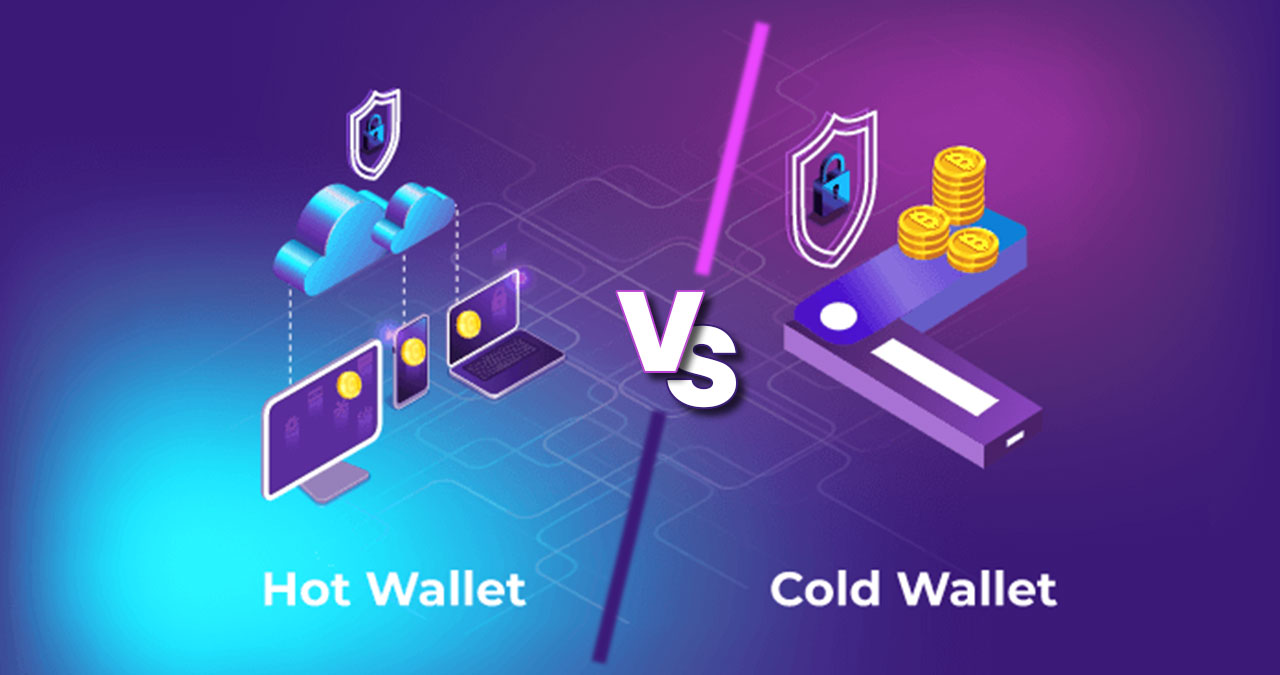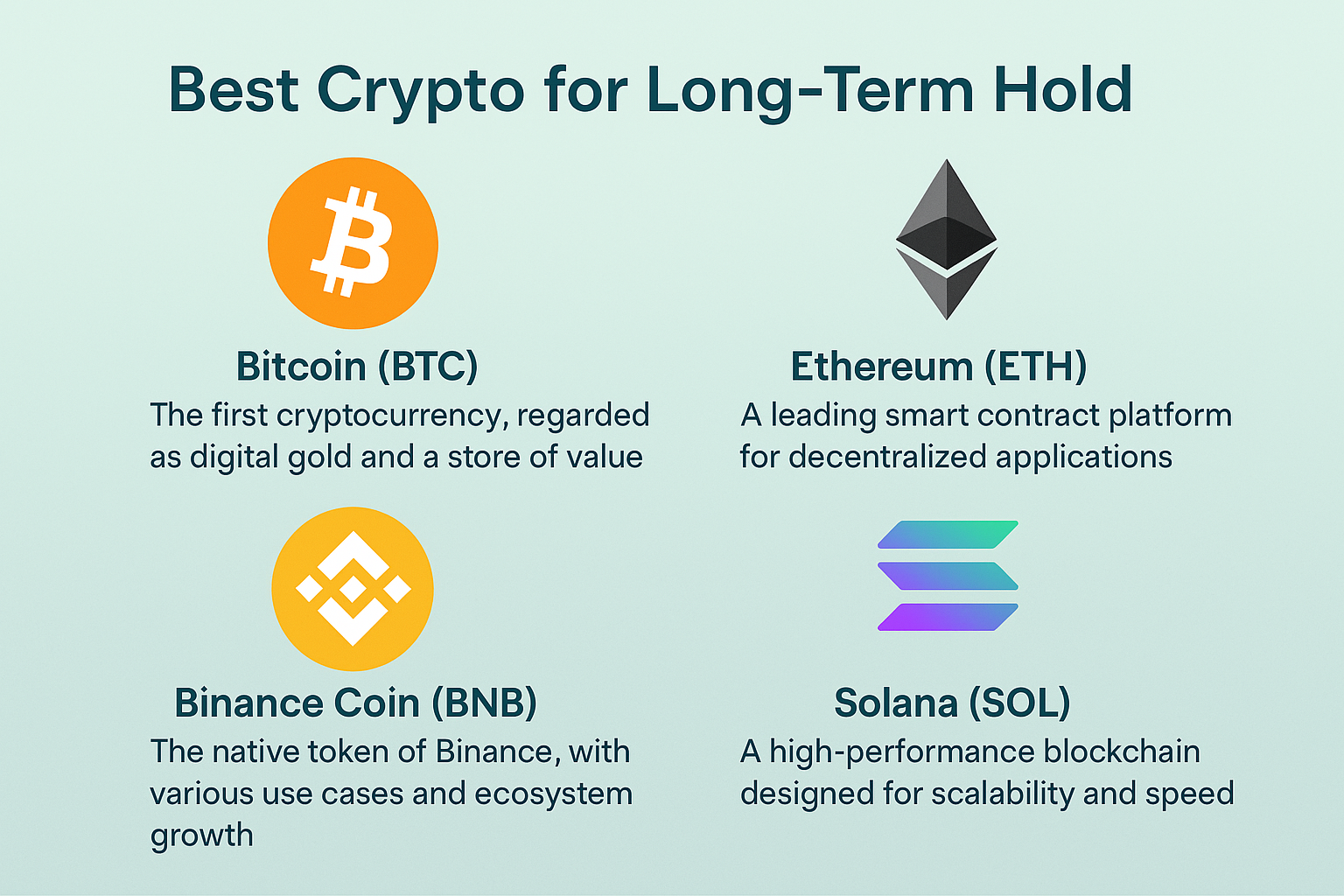Cold Wallets vs. Hot Wallets: Understanding Crypto Storage
Cryptocurrencies have revolutionized how we think about money, decentralization, and ownership. But with great freedom comes great responsibility — especially when it comes to securely storing your crypto assets. One of the first decisions any crypto holder must make is choosing between hot wallets and cold wallets.
Each has its pros and cons, and understanding the difference is crucial for managing your digital assets wisely. This article dives deep into cold vs. hot wallets — how they work, their benefits, risks, use cases, and how to choose the right one for your needs.
🔐 What Are Crypto Wallets?
A cryptocurrency wallet doesn’t actually “store” your crypto like a physical wallet holds cash. Instead, it stores private keys — cryptographic keys that allow you to access and manage your cryptocurrency on the blockchain.
There are two main categories:
- Hot Wallets – connected to the internet
- Cold Wallets – not connected to the internet
🔥 Hot Wallets Explained
🔹 Definition
A hot wallet is any crypto wallet that is connected to the internet. This includes mobile apps, desktop software, browser extensions, and web-based wallets.
🔹 Examples of Hot Wallets
- Exchange Wallets: e.g., Coinbase, Binance, Kraken
- Mobile Wallets: e.g., Trust Wallet, MetaMask (mobile), Atomic Wallet
- Browser Extensions: e.g., MetaMask (browser), Phantom
- Desktop Wallets: e.g., Exodus, Electrum
🔹 Advantages
- Ease of Use
Hot wallets are user-friendly, perfect for beginners. You can quickly send and receive crypto and interact with decentralized apps (dApps). - Convenience
Being online, they allow for real-time transactions and integrations with DeFi platforms, exchanges, and NFT marketplaces. - Accessibility
You can access your funds from anywhere with an internet connection.
🔹 Disadvantages
- Security Risks
Hot wallets are more vulnerable to hacking, phishing, and malware attacks due to constant internet exposure. - Custodial Risk (for exchange wallets)
If you’re using an exchange wallet, you don’t own your private keys — the exchange does. “Not your keys, not your crypto.” - Software Bugs
Bugs in the wallet code could potentially be exploited.
🧊 Cold Wallets Explained
🔹 Definition
A cold wallet is a crypto wallet that is not connected to the internet. It stores private keys offline, making it highly secure from online attacks.
🔹 Types of Cold Wallets
- Hardware Wallets
Physical devices like Ledger Nano S/X, Trezor, SafePal, and Keystone. - Paper Wallets
A printed piece of paper with your public and private keys, or a QR code. Old-fashioned and risk-prone if not stored properly. - Air-Gapped Devices
Devices never connected to the internet, sometimes with custom software, used to sign transactions offline.
🔹 Advantages
- High-Level Security
Because they’re offline, cold wallets are virtually immune to online hacks and malware. - Ownership Control
You maintain full control of your private keys — no reliance on third-party services. - Peace of Mind for Long-Term Holding
Ideal for long-term storage or “HODLing” large amounts of crypto.
🔹 Disadvantages
- Less Convenient
Transactions take longer since you need to sign them offline and then broadcast them online using another device. - Risk of Physical Loss or Damage
If you lose your device or forget your recovery phrase (seed phrase), you may permanently lose access to your assets. - Upfront Cost
Hardware wallets are not free — they range from $50 to over $200 depending on the brand and features.
🆚 Hot Wallets vs. Cold Wallets – Key Comparisons
| Feature | Hot Wallets | Cold Wallets |
|---|---|---|
| Internet Connection | Yes | No |
| Security | Lower | Higher |
| Ease of Use | Easy | Requires more steps |
| Cost | Usually free | Requires purchase (hardware wallets) |
| Accessibility | Anytime, anywhere | Needs physical access |
| Best Use Case | Day trading, regular transactions | Long-term storage, HODLing |
🛡️ Security Considerations
No matter which type of wallet you choose, here are critical practices to ensure your crypto remains safe:
- Always backup your seed phrase and store it securely (not on your phone or cloud).
- Use two-factor authentication (2FA) where available.
- Beware of phishing attacks. Only download wallets from official sources.
- Keep your software or firmware up-to-date.
- Don’t share your private key or seed phrase with anyone.
👤 Who Should Use a Hot Wallet?
Hot wallets are perfect for:
- New users who are just starting and want an easy interface.
- Day traders who need fast access to their funds.
- Users who interact with dApps, DeFi, and NFT platforms regularly.
However, it’s advisable not to store large amounts in hot wallets due to security risks.
🧑🌾 Who Should Use a Cold Wallet?
Cold wallets are ideal for:
- Long-term holders (HODLers) who don’t need frequent access to their crypto.
- Investors with large portfolios who prioritize security.
- Institutions or projects that store reserves or treasury funds.
Many serious investors use both, keeping a small portion in a hot wallet for daily use and the majority in a cold wallet for safekeeping.
🧠 Pro Tips for Wallet Management
- Split your holdings: Use hot wallets for spending/trading and cold wallets for storage.
- Use multisig wallets: Require multiple keys to authorize a transaction — useful for teams or joint custody.
- Practice recovery: Test if you can recover your wallet from your seed phrase using a test wallet. Better to learn now than regret later.
🔄 Hybrid Approach: Best of Both Worlds
Some setups blend the flexibility of hot wallets with the safety of cold storage:
- Use hardware wallets with software interfaces (like MetaMask + Ledger).
- Store major funds in a cold wallet and keep a “spending” wallet hot.
- For DeFi users, some protocols support cold wallet staking.
🏁 Conclusion: Which Wallet Is Right for You?
There is no one-size-fits-all wallet. The right solution depends on your goals, experience level, and security needs:
- If you’re a trader or active dApp user, a hot wallet is more suitable — but always be cautious.
- If you’re in it for the long haul or hold significant amounts, a cold wallet is a must.
Security in crypto is your responsibility. Understand your tools, keep your keys safe, and never let convenience compromise your assets.




